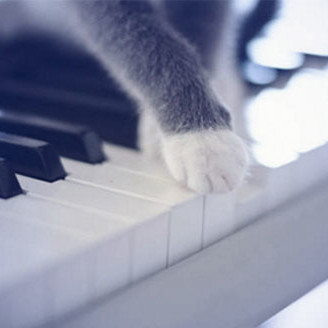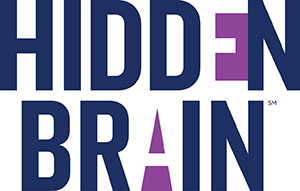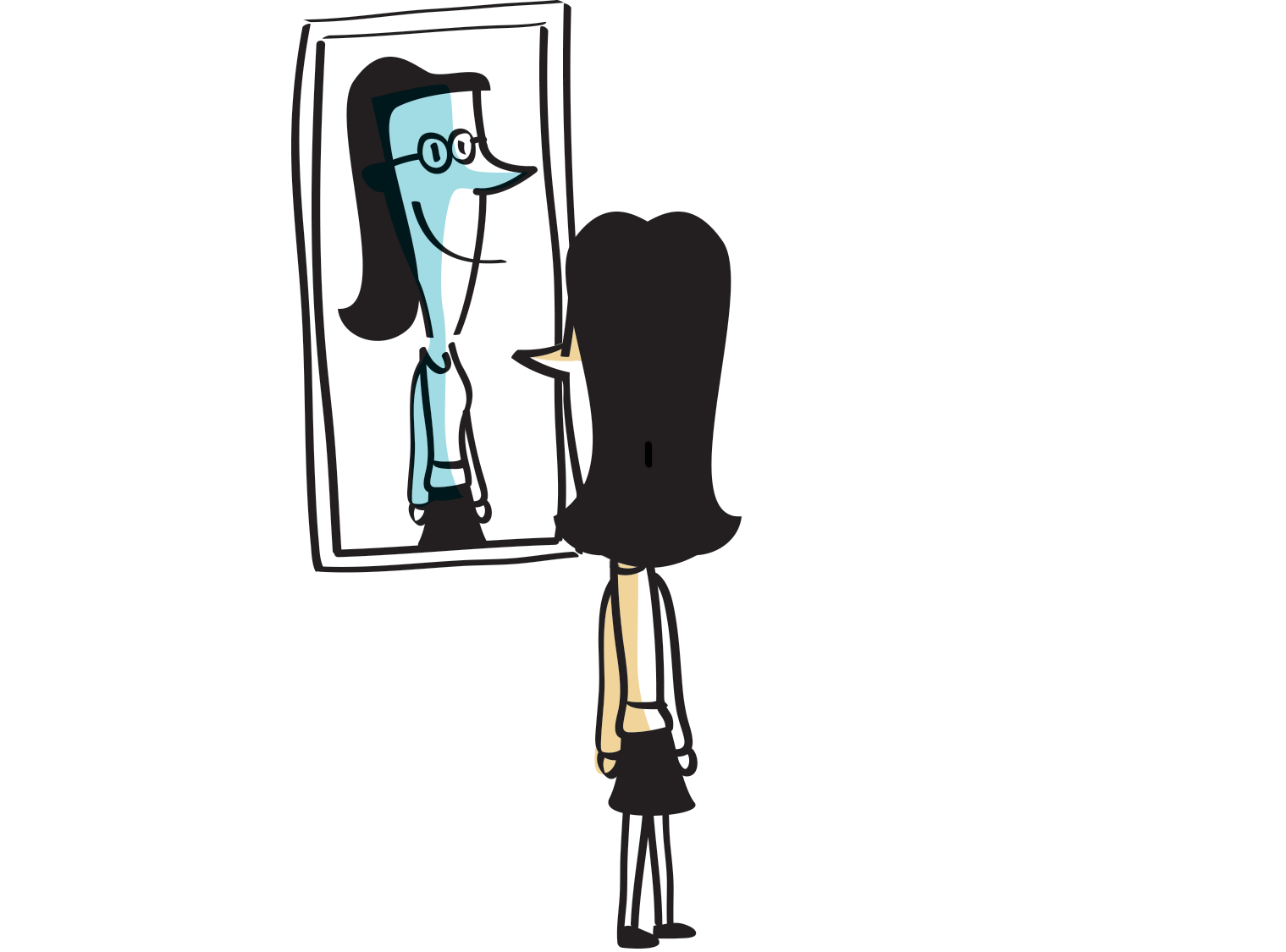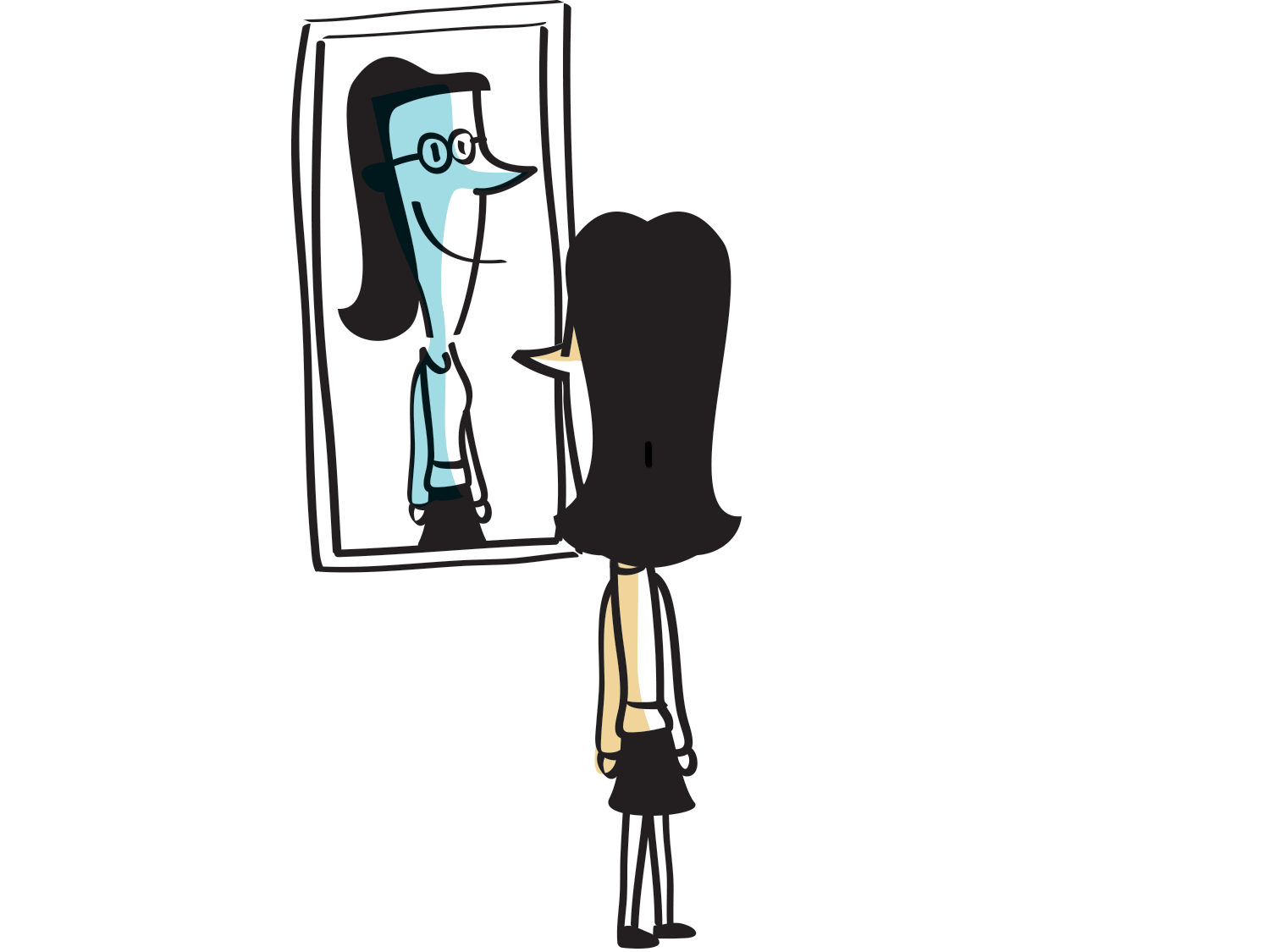Just Curious
Who are you, really? Social media opens a new world to you where you can discover little known places, meet new people, or learn new skills. What does your interest in antiques, your obsessions about the Kardashians, or your desire to learn Polish tell others? As you seek out this new world you will also meet many new people who will judge you and your online actions. What will they say about you? HOO-R-U helps you determine the nuances of your online identity by evaluating how others might view you through social media.
When It Comes To Our Lives On Social Media, ‘There’s Always Another Story’: NPR
HIDDEN BRAIN, April 17, 2017
For a long time, Rachel Leonard felt pressure to post only positive news about her life. Even photos of the view from her front porch were carefully edited before she shared them.
“If you looked only straight you could see mountains,” she said. “If you looked to the left you’d see a factory, but of course I didn’t take pictures of the factory, because why would you do that?”
Plenty of us follow a similar strategy on social media. Posts about engagements and babies will receive ravenous applause. News about a grandparent passing away will elicit virtual hugs. But fears about not making rent? Marital tensions? Hesitations about becoming a parent? Those sorts of posts – posts that show ambivalence – are verboten.
3.03b
There are 3.03 billion active social media users
[BrandWatch, 2018]
7.6
Internet users have an average of 7.6 social media accounts
[BrandWatch, 2018]
Social media users grew by 121 million since 2017. That works out as a new social media user every 15 seconds!
How Can I Create a Social Media Presence That Represents the Real Me?: Common Sense Education
COMMON SENSE EDUCATION, September 16, 2019
Teens love to pick and choose how they present themselves to the world. Sometimes they might take a pic and share it in the moment — other times they might decide to only post a carefully staged photo. In this video, you’ll hear teens reflect on how they make some of these choices as they curate their social media lives. Encourage your students to think critically about the self they’re presenting on social media, and the self they’re aiming to be.
HOO-R-U can help you consider how others see you online.
You’ll be asked a series of questions. When you’re finished, you’ll be given scores on 5 dimensions of your online profile. The scores are based on how important each element of your profile is to you and only you. These scores, on a scale from 1-100, are calculated in a way that takes into account how you stack up compared to other people who have used HOO-R-U and are most similar to you in age, gender, education and social media usage
What we do online can strongly affect our offline lives in ways we never imagined. HOO-R-U tells you what you really are communicating about yourself and prods you to think about what you really want to project. We hope getting your HOO-R-U Profile becomes a regular activity for all the people who care and are concerned with the footprints they leave on social media. After all, those prints can live forever.
The Looking Glass Self
The methodology of the HOO-R-U Profile and Score is derived from the “looking glass self” social science model that is the foundation of the theory of self in sociology. It dates back to the early 20th century and is best captured by this curious statement:
“I am not who you think I am; I am not who I think I am; I am who I think, you think, I am” – Dr. Charles Horton Cooley (1902)
HOW IT WORKS
You’ll be asked a series of questions. When you’re finished, you’ll be given scores on 5 dimensions of your online profile. The scores are based on how important each element of your profile is to you and only you. These scores, on a scale from 1-100, are calculated in a way that takes into account how you stack up compared to other people who have used HOO-R-U and are most similar to you in age, gender, education and social media usage
WHY IT'S IMPORTANT
What we do online can strongly affect our offline lives in ways we never imagined. HOO-R-U tells you what you really are communicating about yourself and prods you to think about what you really want to project. We hope getting your HOO-R-U Profile becomes a regular activity for all the people who care and are concerned with the footprints they leave on social media. After all, those prints can live forever.
THE SCIENCE BEHIND IT
The Looking Glass Self
The methodology of the HOO-R-U Profile and Score is derived from the “looking glass self” social science model that is the foundation of the theory of self in sociology. It dates back to the early 20th century and is best captured by this curious statement:
“I am not who you think I am; I am not who I think I am; I am who I think, you think, I am” – Dr. Charles Horton Cooley (1902)








